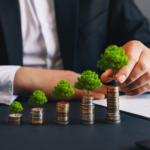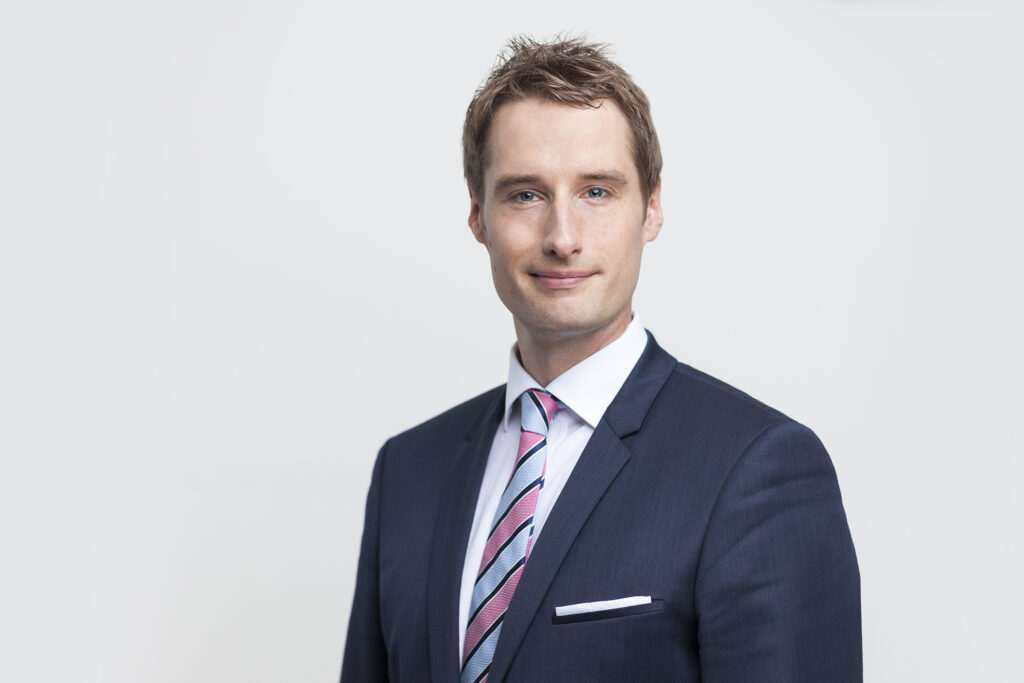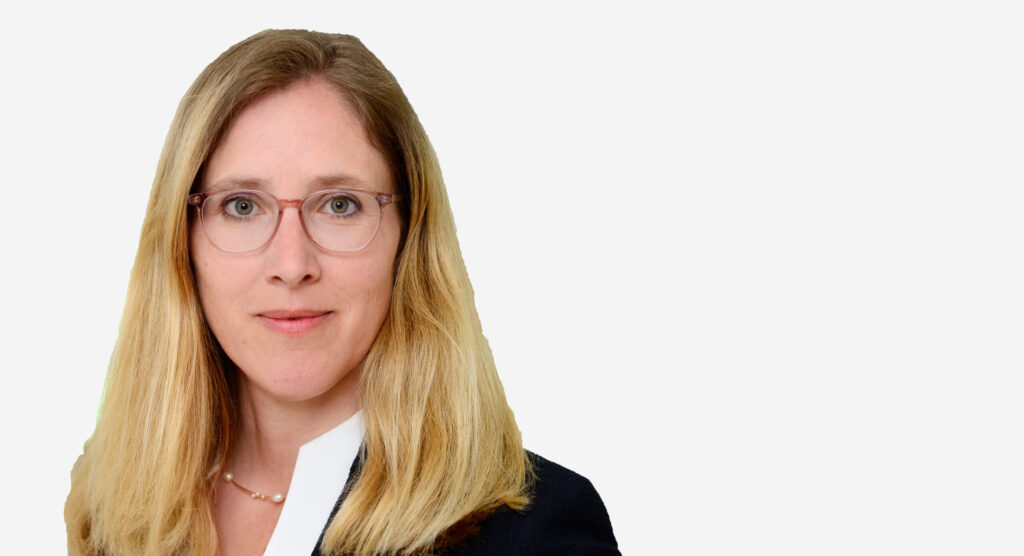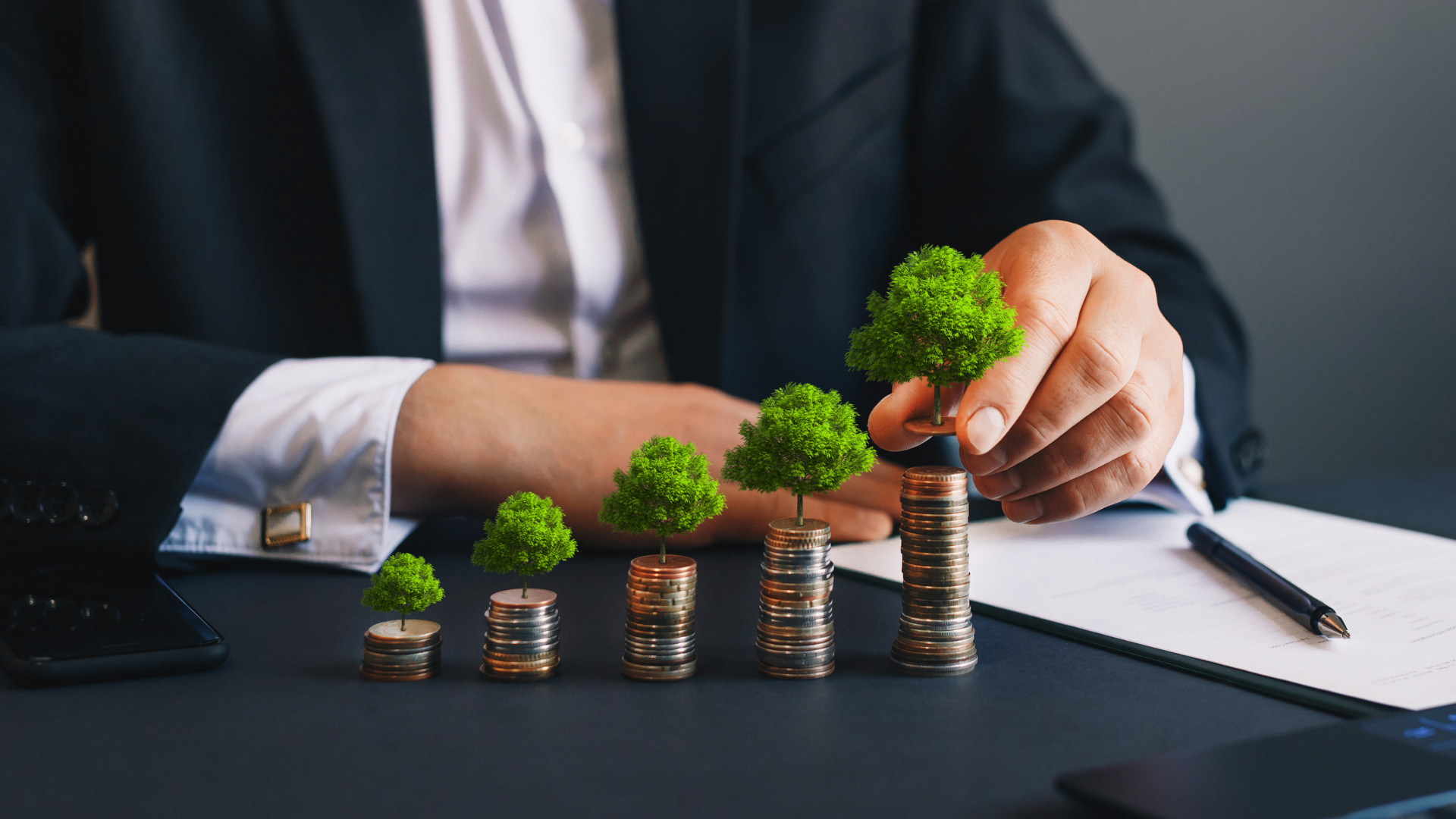Sustainable Investing
| Language: | German |
| Location: | Heilbronn |
| Duration: | 2 blocks of 2 days each + Introduction |
| Start: | November 2024 |
| Cost: | 3,890 EUR |
For investors who look to the future
Sustainable investing is one of the strongest trends in the financial sector for both institutional and private investors. Sustainable investments involve both equity instruments such as shares and debt instruments such as green bonds or incentive loans. The management of investment and credit risks that are related to ESG criteria is also playing an increasingly important role for financial institutions.
In addition to ecological aspects of sustainability, investors are currently focusing on social and governance-related aspects in particular.
In our “Sustainable Investing” certificate program, we show you the special features, opportunities and risks of sustainable investments in a detailed, practice-oriented and scientific manner. We explain strategic, product-specific and regulatory aspects of sustainable investing.
The course provides you with the specific know-how you need to create investment strategies tailored to sustainability, comply with reporting obligations in the area of sustainability, manage sustainability risks and advise clients on the sustainability characteristics of their investments.
Sustainable investing is one of the strongest trends in the financial sector for both institutional and private investors. Sustainable investments involve both equity instruments such as shares and debt instruments such as green bonds or incentive loans. The management of investment and credit risks that are related to ESG criteria is also playing an increasingly important role for financial institutions.
In addition to ecological aspects of sustainability, investors are currently focusing on social and governance-related aspects in particular.
In our “Sustainable Investing” certificate program, we show you the special features, opportunities and risks of sustainable investments in a detailed, practice-oriented and scientific manner. We explain strategic, product-specific and regulatory aspects of sustainable investing.
The course provides you with the specific know-how you need to create investment strategies tailored to sustainability, comply with reporting obligations in the area of sustainability, manage sustainability risks and advise clients on the sustainability characteristics of their investments.
Quick Info
Here you will find all the information you need for this course.
Navigation
Benefits
01
1
Understanding Sustainable Investments
The course provides you with everything you need to know about the theoretical principles and practical methods for evaluating and analyzing sustainable financial products and investment strategies.
02
2
Topicality and Relevance
The course takes into account the latest trends and developments in the field of sustainable investing, such as political initiatives at European and national level.
03
3
Qualified Lecturers
The course is led by renowned lecturers from TUM and DVFA as well as experienced practitioners from the financial industry who share their expertise and experience with the participants.
Program Overview
You can find all the important information about the certificate program here. Below you can find out the objectives of the program, the exact details of the process, what you will learn and which lecturers will teach you the content.
Aims of the Certificate Course
Here you will find information on the aims of this course and its content.Details
Here you will find information on dates, requirements and other general conditions for the certificate program.Lecturers
Get to know our experienced lecturers who will teach you the certificate content and with whom you will work.Structure
Find out how the program is structured and what content you can expect.
Info Sessions
Testimonials
Partners
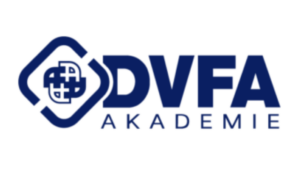
DFVA Akademie
